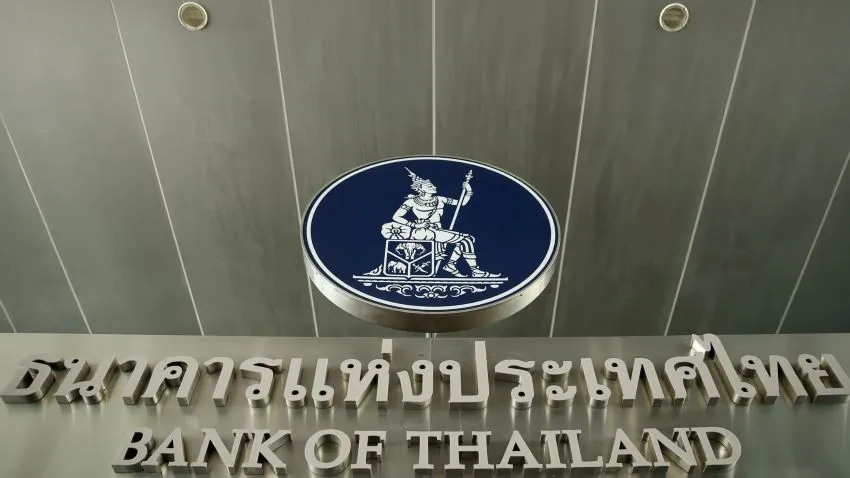
The Bank of Thailand scrambled to support the kingdom's coronavirus-hit economy and financial markets by cutting its policy rate to an all-time low in an emergency meeting Friday.
The monetary policy committee unanimously voted to lower the policy rate by 0.25 percentage point to 0.75% effective March 23.
The central bank had already cut its policy rate once this year, tackling the economic slowdown due to the COVID-19 outbreak.
Market participants and economists had predicted another cut at an ordinary meeting scheduled for Wednesday. Friday's extraordinary meeting came as a surprise, and was the first since June 2003.
In its policy statement, the central bank said Friday's cut was meant "to reduce interest burdens on borrowers affected by the outbreak and to alleviate liquidity strain in the financial markets." Policymakers will meet again as scheduled on Wednesday.
The previous quarter-point cut to 1% in February took the bank's monetary easing to an unprecedented level. Even after the 2008 global financial crisis, the lowest interest rate level the bank had maintained was 1.25% from April 2009 to July 2010.
The coronavirus pandemic has roiled global financial markets, and the effect has been felt in Thailand. On Thursday, the central bank said it had conducted outright bond purchases worth more than 100 billion baht ($3 billion) between March 13 and March 19 to provide liquidity.
The central bank called for cooperation from Thai commercial banks, saying the rate cut "would benefit the economy if financial institutions took active roles in addressing liquidity problems of borrowers especially SMEs and households, as well as accelerating debt restructuring to have noticeable and meaningful impact."
The Thai baht, which was emerging Asia's strongest currency for much of last year, has fallen by 9% against the U.S. dollar since the end of 2019. Negative sentiment arising from the unforeseeable economic impact of the coronavirus outbreak has triggered a sharp reversal in investor positions on the currency, which was at the highest level in six and a half years on New Year's Eve.
Interest rate cuts often contribute to weaker currencies. But this time, the Bank of Thailand's move could provide a support to the falling baht by easing the negative sentiment in the markets.




















